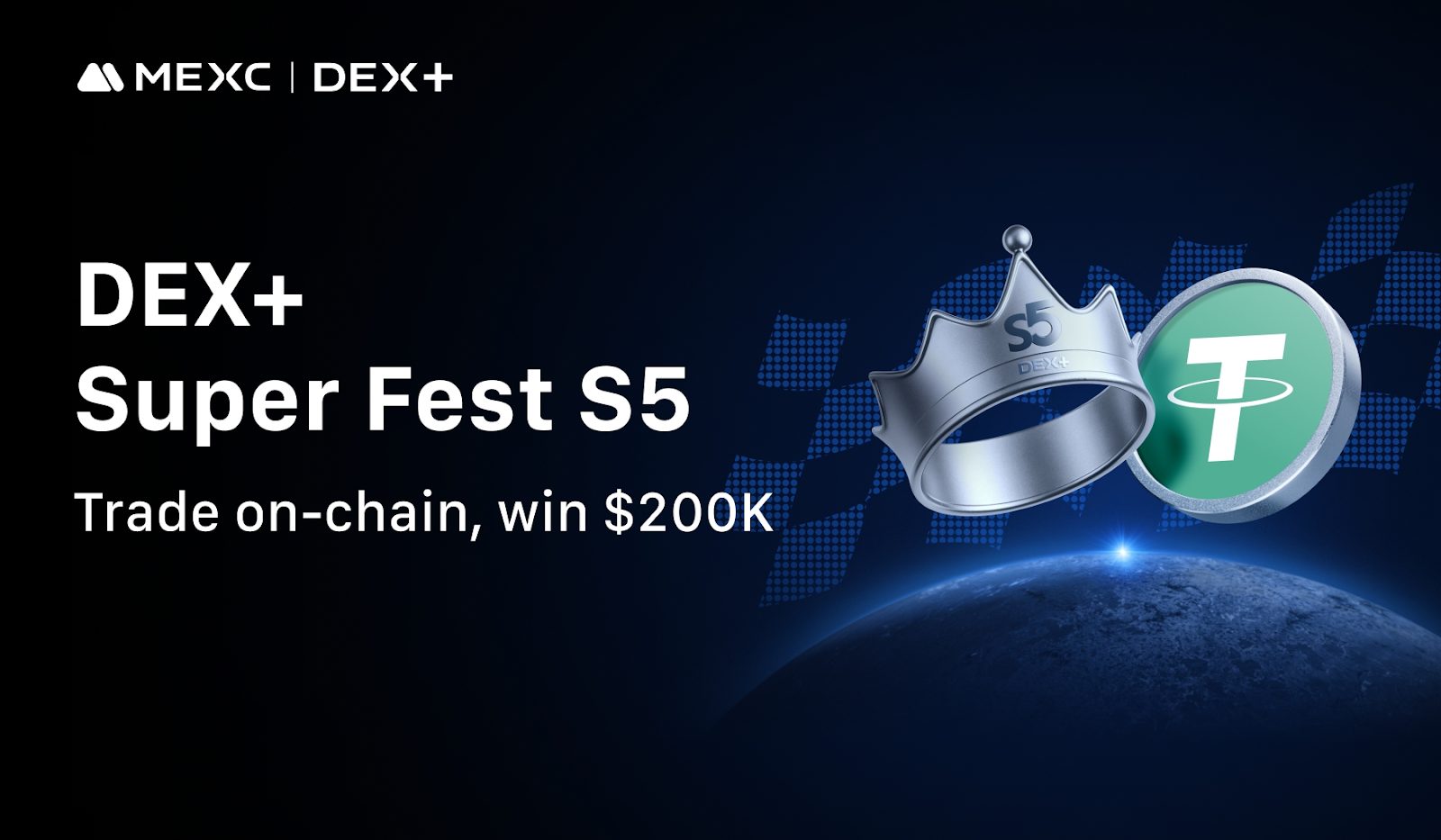A supercomputer is a high-performance computer that is designed to handle complex calculations and process large amounts of data at incredibly fast speeds. It is significantly more powerful than a regular household computer and is used for tasks that require massive computational capabilities.
The concept of a supercomputer was first introduced in the 1960s by Control Data Corporation. Seymour Cray, often regarded as the “father of supercomputing,” was instrumental in developing the first supercomputer, the CDC 6600. This groundbreaking computer was capable of performing more computations than traditional general-purpose computers of that time.
Supercomputers differentiate themselves from regular computers by their exceptional processing power and the number of operations they can execute in a second. They are equipped with advanced processors, such as Graphics Processing Units (GPUs) and Central Processing Units (CPUs), which enable them to handle complex calculations efficiently.
The performance of a supercomputer is typically measured in FLOPS, which stands for floating-point operations per second. FLOPS is an indicator of how quickly a computer can perform mathematical operations involving decimal numbers. The most powerful supercomputers in the world can achieve speeds in the range of one hundred quadrillion FLOPS.
In today’s rapidly advancing technological landscape, supercomputers play a crucial role in various domains. One of their notable applications is in weather prediction and climate modeling. Meteorologists heavily rely on supercomputers to process vast amounts of atmospheric data from around the world. This enables them to generate accurate weather forecasts and study long-term climate patterns. Due to the complexity and volume of data involved, supercomputers are indispensable tools for improving our understanding of weather systems and predicting global weather conditions.
Another significant application of supercomputers is in the field of scientific research. They are used to simulate and analyze complex physical phenomena, such as molecular dynamics, astrophysics, and quantum mechanics. Supercomputers allow scientists to model real-world scenarios in a virtual environment, which can assist in developing new drugs, understanding the behavior of materials, and unraveling the mysteries of the universe.
The development of blockchain technology, which underpins cryptocurrencies like Bitcoin, also benefits from supercomputers. Blockchain is a decentralized digital ledger that stores transactions across multiple computers, ensuring transparency and security. The computational power of supercomputers is leveraged to process and validate these transactions, enhancing the efficiency and security of the blockchain network. For example, IBM’s supercomputer Watson has been utilized to process information for blockchain-based projects, improving the speed and reliability of transactions.
Unfortunately, the immense computational power of supercomputers also makes them attractive targets for hackers. One of the primary motives behind hacking supercomputers is to mine cryptocurrencies illicitly. Mining involves solving complex mathematical problems to validate transactions and earn cryptocurrency rewards. The massive processing capabilities of supercomputers make them ideal for this purpose. To protect these valuable resources, stringent security measures and constant monitoring are necessary to prevent unauthorized access.
While supercomputers continue to push the boundaries of computational capabilities, there are still significant challenges to overcome. One such challenge is achieving accurate and comprehensive weather modeling for the entire world. Experts believe that a supercomputer capable of processing one sextillion FLOPS will be necessary to accurately simulate global weather patterns for two weeks. However, such a supercomputer does not currently exist. Nevertheless, supercomputers are already instrumental in advancing our digital development and continue to drive innovation across various fields.
In conclusion, supercomputers are high-performance machines designed to handle complex calculations and process vast amounts of data at incredibly fast speeds. They play a vital role in weather prediction, scientific research, blockchain technology, and many other domains. While they face challenges in terms of security and achieving even greater computational capabilities, supercomputers have proven to be invaluable tools in pushing the boundaries of what is possible in the digital age.















